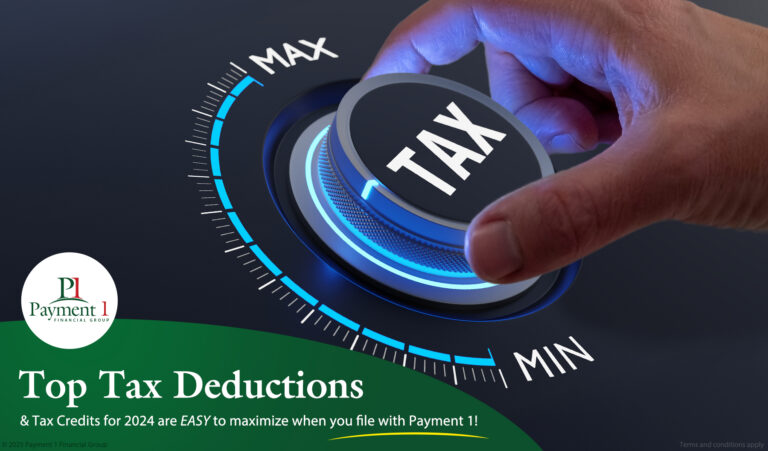Loans with No Credit Check: What They Are and Where Do You Get Them?
You may think that getting a personal loan is impossible when you have bad credit or no credit history at all, but actually, you have a few options. It may not be easy, and some options are safer than others, but you can find ways with a little research. You may also find that these options can be expensive, so best to go for any of them only if you’ve exhausted every other means possible.
How does a No Credit Check loan work?
“No Credit Check” actually means soft check. To understand this, you have to know how hard check and soft check differ. A hard check means pulling and perusing a copy of your credit history, while a soft check merely returns a brief overview of a person’s records. Another key difference between the two is that hard checks reflect on your credit history, while soft checks don’t.
No-credit-check loans are typically short-term and you get the loaned money right away. Terms typically last two weeks or a few months, but can stretch up to two years; and if this is the case, APRs or annual percentage rates can hit 400% or more, with finance charges going as high as 30% of the amount you borrowed.
To apply for a no-credit-check loan, be ready to at least confirm your identity, contact information, and bank account. They would most likely look for the typical requirements such as being 18 years old and above, US citizenship, and a reliable source of income.
What are examples of No Credit Check Loans?
Payday Loans
Lenders of payday loans do not run hard checks because they do not need to know your creditworthiness, they just need to be sure that they can collect, and they have your paycheck as collateral for that. Consider a payday loan as your last resort as there is a great possibility that you can’t pay off your debt by the next payout, resulting in rolling over your debt or reborrowing. This will put you in a debt trap and before you know it, you are deep in debt due to the high APR and finance charges.
Collateral Loans
These are no-credit-check and long-term loans you can take by pledging collateral. A car title loan is a common example. This will allow you to loan against the value of the car. You must authorize the lender to take your car if you fail to pay off the debt. A car title loan is problematic, especially if you use the car primarily to go to work. If they take the car from you, your income may suffer.
Credit Union.
You can take out a no-credit-check loan from a credit union where you are a member of. They usually offer loans to members and consider factors other than your credit score when evaluating creditworthiness. You can be a member of a credit union based on your employment, neighborhood, and affiliations. You may want to ask your employer or a credit union near you to see if you meet the requirements for membership.
Where can you find lenders?
Before diving into an online search for lenders, consider going to your local credit union first to inquire. If that did not work out, the Internet is your next best option. There are online lenders that specifically work with borrowers with bad credit. Between the guy in your street corner with a placard and an online lender, the latter is most probably your safer bet. Always remember to check the credibility of the lender. An online search can garner comments and reviews, so make sure to do this before making any transaction. Check the Federal Financial Protection Bureau, as well, for an added layer of security.




